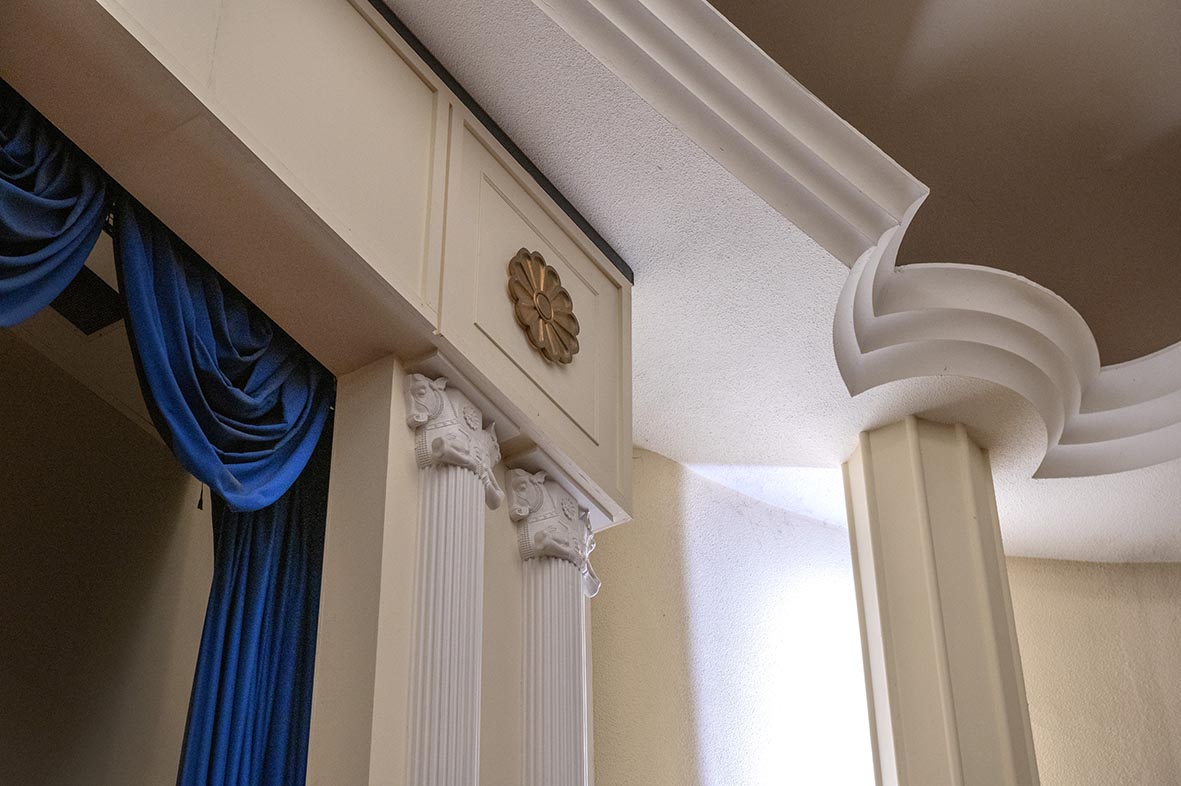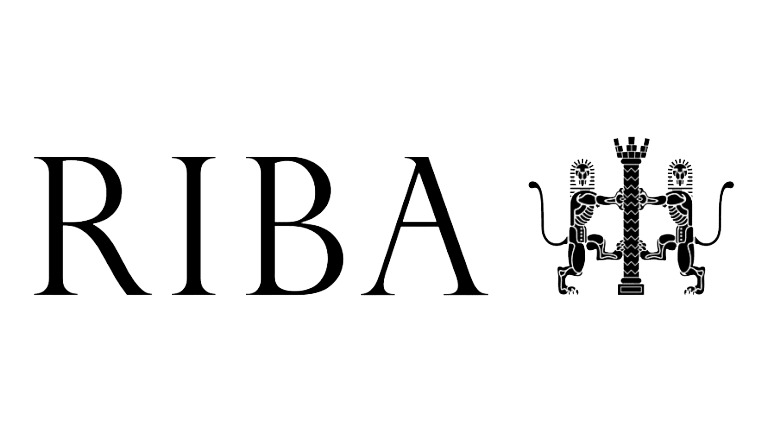
Architectural detail in Zoroastrian Centre, Rayners Lane


MOVING
PICTURES
reusing cinemas as places of worship in the diaspora.Database >
Sites >
Community Collaboration >
Funded by Royal Institute of British Architects (RIBA) in collaboration with Historic England.
Led by Kate Jordan and Julie Marsh at the University of Westminster.
Dr. Julie Marsh is a researcher at the Centre for Research and Education in Arts and Media (CREAM), University of Westminster. Her interdisciplinary and collaborative approach to arts-based research bridges spatial agency, digital innovation, and cultural heritage, with a particular focus on community empowerment and co-creation. She holds a PhD from the University of the Arts London (UAL), where she developed Site-Integrity (S-I)—a methodological framework that integrates artistic practice with socio-spatial analysis to explore how film and digital technologies can function as tools for civic dialogue, memory, and collective authorship. This approach is exemplified in her journal article Assembly: Investigating the Role of Artistic Fieldwork in Islamic Sites of Worship, published in the 2024 special issue of Architecture and Culture titled Between the Sacred & Secular: Faith, Space, and Place in the Twenty-First Century.
Kate Jordan is a Reader in Architectural History and Theory in the School of Architecture and Cities, University of Westminster. Her research focuses on inclusive heritage and modern faith architecture. She has published in numerous books and peer-reviewed journals, including The Journal of Architecture, The Journal of Architectural Conservation, Architecture and Culture, and Architectural Histories. In 2023, she was guest editor with Shahed Saleem, of a special issue of Architecture and Culture entitled ‘Sacred, Spiritual, Secular: Spaces of Faith in the Twenty-First Century’. She is co-author of the volume, Modern Architecture for Religious Communities, 1850-1970: Building the Kingdom, published by Routledge in 2018. She is the co-founder and co-course leader of the MA Architecture and Sustainable Heritage and a former member of the Twentieth Century Society Casework Committee.
This project employed cross-disciplinary methods to examine the growing practice of reusing cinemas as places of worship. The project comprised two strands: the first was a broad survey of cinemas used by faith groups in England which allowed us to construct a socio-historical overview of the practice. The aim here was to assemble an architectural history of these buildings not as they were originally but of what they became. This is important, as many of these sites have been places of worship for almost as long as they were cinemas – indeed, one gurdwara in Coventry has been a place of worship for longer than it was a cinema. In looking at the different groups who are adapting former cinemas, it was possible to read demographic and religious shifts in late-modern Britain.
The second strand of the project was a residency at the Zoroastrian Centre in Rayners Lane, housed in the former art deco Grosvenor cinema. Using the ‘site-integrity’ methodology, congregation members were actively engaged in the capture and analysis of their cultural heritage through a series of co-created film installations. These site-specific films were shared with wider audiences, offering an opportunity to reflect on this evolving heritage. One of the events, a combined film screening and workshop held at the Zoroastrian Centre, brought together faith groups based in other repurposed cinemas, alongside representatives from Historic England.
Through the survey, interviews and faith community collaborations we gained insights into where different groups intersect and how migrant communities connect with one another and with homelands. The information that we gathered was used to produce a policy brief for local planning authorities and a report that was submitted as evidence for a government inquiry on protecting built heritage.
Please visit these feature articles for more infomation:
Kate Jordan, ‘Gurdwaras, mosques, temples and churches: how faith groups are reviving England’s old cinemas’ The Conversation, May 15th 2024
Kate Jordan, ‘Theatres of change: rethinking cinemas as places of worship’ Future for Religious Heritage, March, 2024